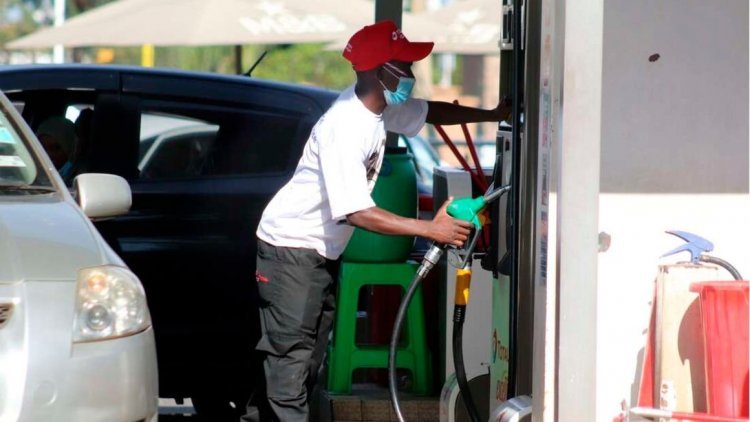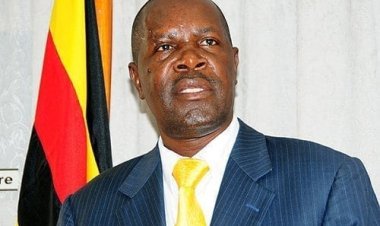Fuel prices in Uganda up. Can anything be done about it? Analysis by Mark Keith.
Unlike Kenya and Rwanda, Uganda doesn't "regulate" fuel prices. It allows the prices to fluctuate depending on "market forces", Mark adds

First ,how do we get to the current fuel prices or rather, what does it take to get fuel to Ugandan cars?
The cost factors:
1. Global Crude Oil Price
2. Exchange rate (weaker Shilling = higher import costs)
3. Transport (trucking + rail + pipeline)
4. Refining
5. Storage
6. Taxes (On each liter of Petrol, you pay UGX1,450. On a liter of Diesel, you pay UGX1,130)
1. Global oil prices are at a 7-year high. From a low of $20 a barrel to a high of $80 a barrel in about one year.
2. Uganda Shilling remains strong against the $. However, there was some depreciation recorded in September & October 2021. Fuel prices sensitive to forex changes.
3. Transport/logistics/storage costs haven't changed much but due to the rising demand for fuel, there could have been a likely rise. Also, an opportunity to sell off oil bought at lower price six months ago at a higher price.
Good business!!!
4. Taxes. Oh, well, on July 1, taxes of Diesel and Petrol went up by UGX100 to UGX1,130 and UGX1,450 respectively. This contributed to the rise in in fuel prices at the start of July 2021.
6. The profit margin for retailers can't be ignored too.
Important to note that the "fuel price hike" is not unique to Uganda.
Kenyan rates hit an all time high, but they have a subsidy in place to keep prices "low". This subsidy covers the loss retailers incur to keep prices lower than market rates.
Unlike Kenya and Rwanda, Uganda doesn't "regulate" fuel prices. It allows the prices to fluctuate depending on "market forces".
Could the government step in reduce "prices" of fuel? Well, well a subsidy would go a long way but is it a priority now?
Could we use our fuel reserves in Jinja to get prices down?
Some will say, yes (lower fuel prices are good for keeping costs down). Others, no (it is not an emergency situation to burn through reserves and in turn stock up more at this higher price?)
So, can anything be done to get prices to fall?
Unfortunately, we are a net fuel importer dependent on external factors for our fuel prices...
A subsidy could work but that requires a supplementary budget request. Reserve option also on the table but is this a "crisis?"
The broader implication of higher fuel prices is that it could lead to additional prices on other goods (where transport is major factor). A ripple effect could see a rise in prices of other goods/commodities.
Inflation (sob, sob. Monetary policy hawks watching)
Finally, it is important to take note of the "rocket-feather effect"
Fuel prices rise like rocket but drop like a feather.
My 2 unsolicited non-expert cents.
Written by Mark Keith Muhumuza

































